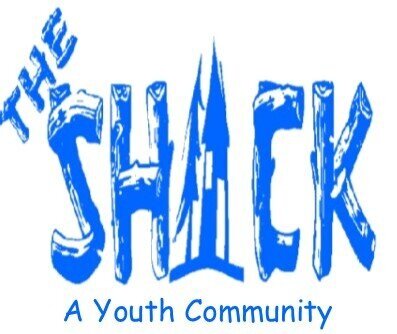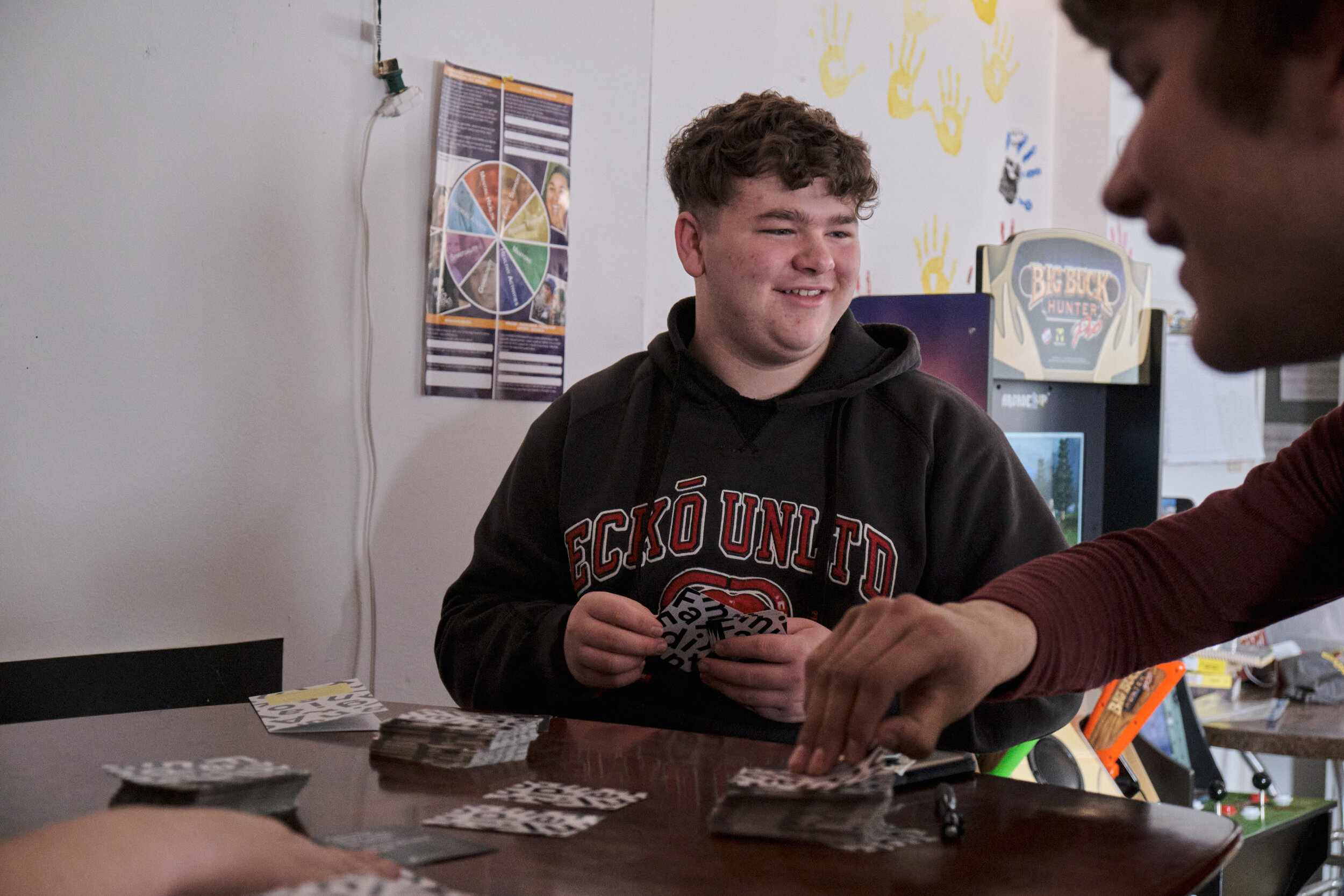If The SHACK Didn’t Exist...
If her son could have gone to a place like The SHACK when he was young, he would still be alive today. Alice Jones is convinced of that.
He needed positive friends and mentors, people he would listen to who would show him a better way. Instead, he found a path not uncommon for “at-risk” kids like him. He got into a bad crowd, he snuck out of the house, he stole, he started using marijuana.
Marijuana turned into crystal meth, and crystal meth led to a life in and out of “the system.” One time when he was out of jail, he made a bad decision. It cost him his life.
Jones now works for The SHACK, seeking support for current needs and for the new building that’s under renovation. She sees kids — some who remind her of her son — and thanks God that they have an opportunity to live a better life.
“We didn’t have things like The SHACK when he was growing up in Utah, so the kids, if they had problems, would go with the bad kids because the good kids wouldn’t take them,” Jones says.
“They didn’t have a place to hang out.”
If her son could have gone to a place like The SHACK when he was young, he would still be alive today. Alice Jones is convinced of that.
Is it that simple? Is helping kids a mere matter of providing a place to hang out and connect in positive ways with positive people who love God and care for them?
It can be, and it has been.
Without The SHACK, 8th grader Aysa McMillan is convinced she’d still be a “toxic” person mired in dysfunctional relationships, depression, and suicidal thoughts.
With The SHACK’s influence in her life, she is learning how to respect others, how to speak more kindly, how to solve conflict in healthy ways, and how to be a good friend. She can see a future in art or culinary arts. She is getting better grades and is really proud of herself.
Without The SHACK, 10th grader Zach Rice might have caved more under the pressures of middle school where “You have to do more, be more, do better, be better.”
With The SHACK in his life, Zach doesn’t feel pushed around by peer pressure. He feels safe. He has seen how he wants to define himself as a good person.
With The SHACK in his life, Zach doesn’t feel pushed around by peer pressure. He feels safe. He has seen how he wants to define himself as a good person.
Without The SHACK, 9th grader Hailee Boson had just one word for where she thinks she or her friends could end up: “Dead. That seems rude, but I honestly do think...dead.”
Alice Jones, thinking of her son, would nod her head and agree.
Retired Greybull special education teacher and former SHACK board member and supervisor Cathy Kunkel would do the same.
“Our existence here is probably critical for some children,” Kunkel says. “We don’t even know.”
Retired Greybull special education teacher and former SHACK board member and supervisor Cathy Kunkel believes The SHACK’s existence is critical.




